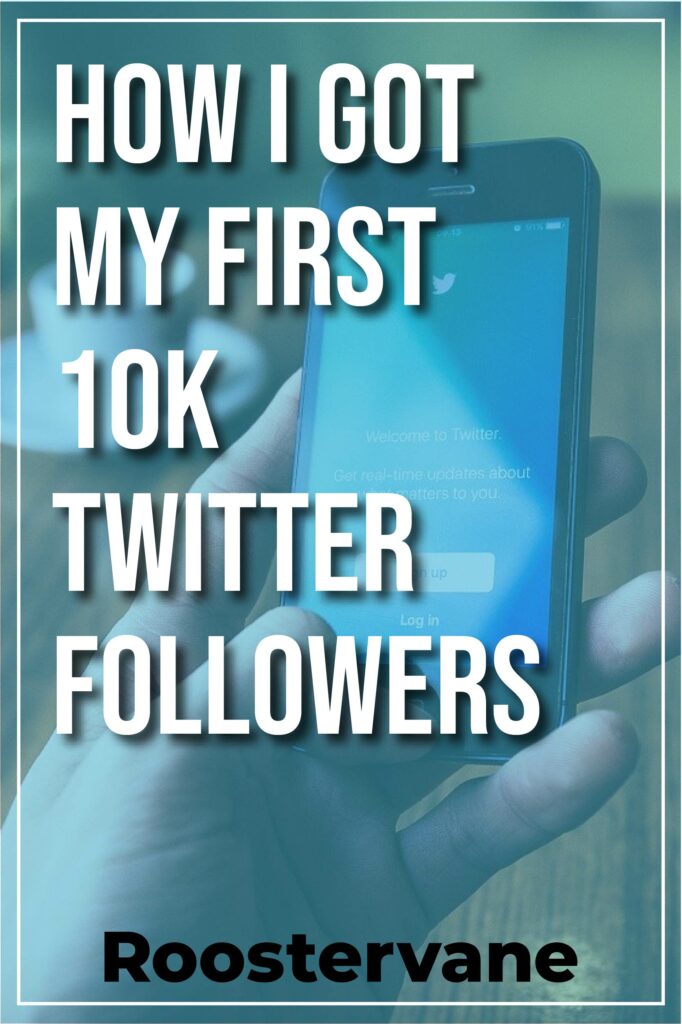About a year ago, I launched a community online. And a few months ago, I closed the digital doors.
In the months that it was open, I poured my soul into building it. And it failed. I mean, we had beautiful moments, teary soul-level conversations, and I made some amazing friends that I’ll keep for a long time.
So my community wasn’t a TOTAL failure.
But still… it failed.
As I look back on that wonderful group of people, small though it was, and I wonder what went wrong, I decided to write a post about what online communities are, how to start an online community, and–most importantly–what I learned about making it work and not work.
What is an online community?
An online community is a group of people who intentionally gather together for a common interest, shared knowledge, mutual support, and/or growth. Online communities can be free or paid, run by members or run by an owner. It’s also becoming common for online communities to gather around an influencer, where members pay for access to a person.
Why should you build a community online?
Communities are powerful things. Online communities, in particular, just fit a human need to connect with people who share something.
There are a lot of communities online, of course. But I think there is endless opportunity to build them better.
Plus, many of the readers of Roostervane are connected to a university or academic discipline somehow. There is always room for more community built around shared discipline, practice, or even interest.
Communities can connect people across the globe, creating relationships where there weren’t before. So at the most basic, you build a community online to connect people, to unite, to spark conversation and relationship.
There was another factor in my thinking too. The money. I’d been running Roostervane for a while, and I had a big following. I thought for sure that if I charged membership for a community, hundreds of people would join, and I could earn a living doing what I love, supporting people in their careers, and ultimately living the good life.
Jeez did that not work out. Most of the time I lost money or barely broke even–and that’s not counting the hours and hours I spent creating content, hosting webinars, and a bunch of other things.
So, at least at first, maybe don’t do it for the money. Because it will take some time.
Do it because there’s a conversation that’s not happening. Do it because you’ve looked for support and can’t find it, and want to create it. Do it because you’re dorky over a certain hobby or subject, and you want to meet like-minded people.
I used to be in a community of papyrologists. It was basically a big email chain, with a bunch of senior scholars who would hit reply all instead of reply. While it was a very humanizing glimpse of senior scholars in the field, it wasn’t the most efficient way to build domain knowledge or connections!
How to build an online community…
If you’ve decided you want to build an online community, the next question is how to do it. And it’s not necessarily easy. Where, on this big, wide web, will you find the people who will come together around what interests you?
1. Make a strategy to find members
The actual question of attracting members is big. If you have an existing online footprint, it might be a bit easier. I started when I already had a brand and readers (although still failed). Start by making a plan to find people. Reddit is great for this, and already has a lot of conversations happening. Twitter or LinkedIn too.
2. Validate the idea
Not all things deserve a community. Run the idea by people. If you have a following run a poll to see if you can find interest. Just a warning, if it’s a paid community, a lot of people will probably say “Yeah that’s great” but balk at the idea of committing, so see if you can pre-sell it. Make sure your community has legs. Also, consider choosing a few people who you KNOW will give more to the community than they take, and ask them to join, perhaps for free.
3. Pick a platform
The basic question is, where are you going to host it? You can certainly start with a Facebook or LinkedIn group, but in my opinion, these are not the best ways to build community. Your users and engagement are at the mercy of the algorithm.
I’m actually a huge fan of third-party platforms to build community. I built one with Roostervane, and I use the platform Mighty Networks. It’s a perfect tool for community building, and it has a free setting if you want to get a community started. I eventually paid for the premium version so that I could launch individual discussion groups, courses, and have a personalized link.
4. Set up and launch!
Get moving! Try it out and see what happens!
Read more on building your authority online:
How I Got My First 10,000 Followers on Twitter
2175 LinkedIn Followers in 31 Days. 6 Awesome Tips to Grow Your LinkedIn Following
How to Start a Blog People Can’t Stop Reading – A Step by Step Guide for 2021.
Tips for building a successful community online
So I get that it’s funny to be reading a post about starting a community from a guy who FAILED at starting a community online, but perhaps you can learn from my mistakes.
Here’s where I went wrong.
1. Make sure you have a long-term theme
The community we ran with Roostervane was really meaningful, and I built some great friendships.
But the biggest problem–I think–was that people don’t need career building long-term. It’s a short-term need that people think about until they get a job, and then they’re not looking for it anymore. The critical mistake I made in my community was not understanding my audience. People would come in for a month or two, but then would get a job and disappear.
It was impossible to build long-term, meaningful connection. Make sure you build a community around an interest or issue that people will be interested in for a LONG TIME!
Things that can work for building an online community
- Communities of practice for a certain subject or discipline. This might be an academic subject, like papyrology, or a community of practitioners, like career counselors or physiotherapists. People who have an interest in long-term conversation and connection around a certain topic can work.
- Long-term projects. For example, I have seen successful communities around blogging or building a small business. In this case, communities provide support and knowledge throughout the process of creating something. FIRE communities, built around retiring early, have become all the rage for exchanging financial information and keeping on track. (Pro tip: make sure it’s a long-term project people are excited about. For example, I actually think a career-building community is tough. Because people aren’t excited about the process of getting a job. It’s something unpleasant, that they want to get through as quick as possible.
- Providing support or encouragement. For example, this might be a community gathered around supporting mental health or accessibility or maybe a community gathered around people going through a tough time of life, like new parents, getting a divorce, or miscarriage. The sky is the limit here, but a supporting and loving community that comes at just the right time can be a powerful thing. Just like above, though, make sure it’s for something people go through for a long time, and not something that is over in a week.
How to make money with an online community
If you want to make money off your community, there are a few ways to do it. First, let me say that if you are going to all the work to organize, start, and market a community, you really don’t need to feel bad about charging something.
I actually think a membership fee can make the community a lot stronger. One of the other things I’ve learned, and it’s a hill I will die on, is that people don’t value things that they don’t pay for. Think of how many Facebook groups you have joined once, and never gone back except to cancel.
There’s nothing wrong with a paid community.
Monetizing Options
- Patreon: This is a pretty simple way to get started, and people can support as they can. You might choose bonus access or features for a certain level of access, or just use Patreon to make a “pay what you can” model.
- On site charging. Mighty Networks is actually great for this, because it is completely set up for you to charge membership fees–it takes care of all the payment (you’ll need a Stripe account).
- Upsells: Another common way to monetize a community is to have a free membership, but to have upsells within the community itself.
The nice thing about monetizing a community is that it has what’s called “recurring revenue,” essentially stable income (if there’s not too much turnover). For example, if you could build a community of 500 people paying $20 each per month, that would be $10,000/month or $120,000/year! If this works, you could live off the revenue of a community alone, plus provide people a meaningful service. That’s pretty great.






